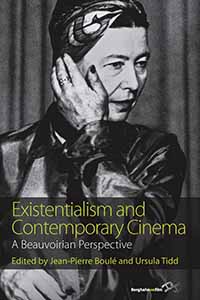
What inspired the project?
Ursula Tidd: As far as I was concerned, I was keen to show the immense relevance of Beauvoir’s thought to film studies and hence, to take her work more deeply into the area of film studies. I have noticed that Beauvoir’s work is often implied in discussions in film studies about ‘the male gaze’ and on the topic of gender relations more broadly, but not always made explicit in what it contributes to the debates.
Jean-Pierre Boulé: A desire to use The Second Sex to show that Beauvoir still has a lot to say about human relationships.
How did you hope it might influence the field?
J-PB: For people to go back to or discover Beauvoir and realise that she has a place in film studies.
UT: I hope that this volume will inspire more people to look at film through Beauvoirean eyes, so to speak! And to engage more closely with her phenomenologically-based philosophy on gender and ageing.
Which aspect of co-editing did you find most difficult?
J-PB: Not difficult as such, but bearing in mind a student readership, making the volume accessible to them. And choosing the front cover photograph.
UT: Yes, it’s important to keep in mind the future readership of a volume like this – although one can’t please everyone…
Would the films discussed be the kind of films Simone de Beauvoir would be interested in?
UT: For sure! Beauvoir was highly eclectic in her cultural interests and an avid film-goer, at least for most of her life. She enjoyed art house as well as Hollywood cinema so I think that all the films discussed would have engaged her.
J-PB: Absolutely! I like to think she would have liked the various genres under study, as she herself wrote in a variety of genres. I think she would have loved Revolutionary Road, set in 1955, with its story of oppression and liberation.
______________________________
Jean-Pierre Boulé is Professor of Contemporary French Studies at Nottingham Trent University.
Ursula Tidd is Senior Lecturer in French Studies at the University of Manchester.
Existentialism and Contemporary Cinema: A Beauvoirian Perspective was published by Berghahn Books in September 2012. A companion volume, Existentialism and Contemporary Cinema: A Sartrean Perspective, edited by Jean-Pierre Boulé and Enda McCaffrey, is also available from Berghahn Books.
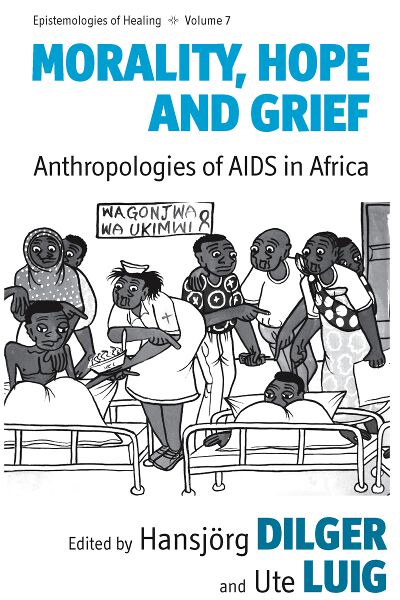 Hansjörg Dilger is the editor, along with Ute Luig, of Morality, Hope and Grief: Anthropologies of AIDS in Africa, which was published by Berghahn Books in paperback in December 2012.
Hansjörg Dilger is the editor, along with Ute Luig, of Morality, Hope and Grief: Anthropologies of AIDS in Africa, which was published by Berghahn Books in paperback in December 2012. 
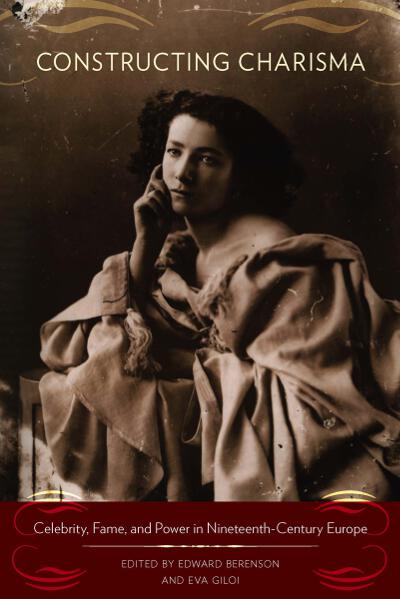 In the collection
In the collection 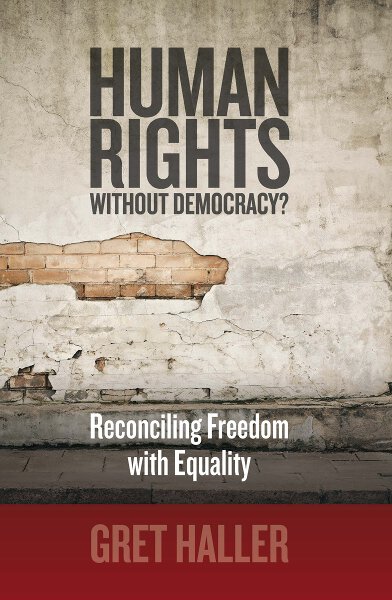

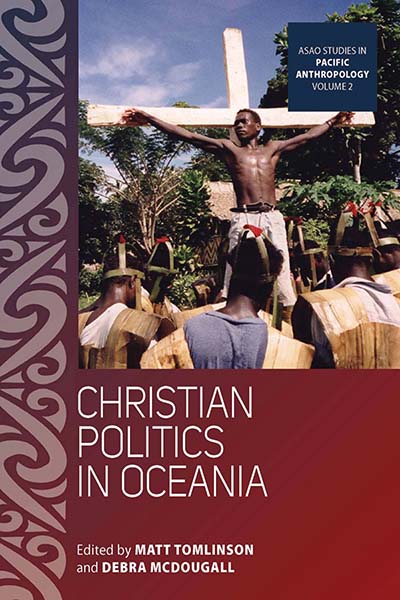 As anthropologists who have worked in the Pacific Islands since the 1990s, we both felt that most political analyses of the region have been flawed for one simple reason: they overlook the enormous but complex political influence of Christian churches. This influence does not always take the form that observers of American politics might expect, where particular churches take explicit stances on political issues or support particular candidates or parties. The political influence of churches in Oceania is both more subtle and more pervasive than that. Time and again during our fieldwork in Fiji and Solomon Islands, we saw how the words of preachers and pastors, activities of Christian organisations, and interpretations of the Bible shaped how people understood their place in political communities. In Oceania, like everywhere else, there is no single Christianity, making it frustratingly difficult to generalize about ‘Christian politics’. Although anthropologists have increasingly turned attention to Christianity, little attention has yet been given to the ways that rival churches position themselves against each other. Our ethnographic research led us to see denominationalism as key source of social friction and creative energy, essential to any understanding of politics in the region.
As anthropologists who have worked in the Pacific Islands since the 1990s, we both felt that most political analyses of the region have been flawed for one simple reason: they overlook the enormous but complex political influence of Christian churches. This influence does not always take the form that observers of American politics might expect, where particular churches take explicit stances on political issues or support particular candidates or parties. The political influence of churches in Oceania is both more subtle and more pervasive than that. Time and again during our fieldwork in Fiji and Solomon Islands, we saw how the words of preachers and pastors, activities of Christian organisations, and interpretations of the Bible shaped how people understood their place in political communities. In Oceania, like everywhere else, there is no single Christianity, making it frustratingly difficult to generalize about ‘Christian politics’. Although anthropologists have increasingly turned attention to Christianity, little attention has yet been given to the ways that rival churches position themselves against each other. Our ethnographic research led us to see denominationalism as key source of social friction and creative energy, essential to any understanding of politics in the region.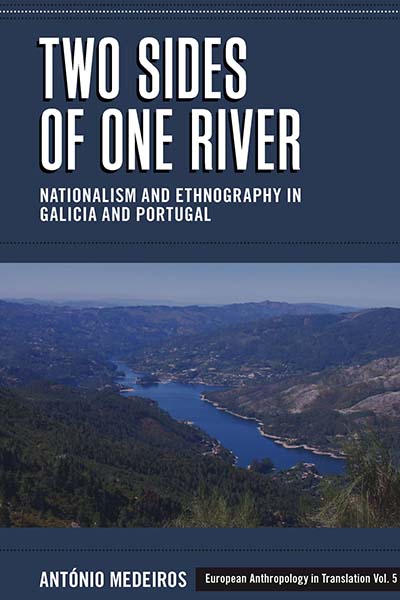 Berghahn has just released Two Sides of One River: Nationalism and Ethnography in Galicia and Portugal, an English translation by Martin Earl of the original Portuguese volume by António Medeiros. This book explores the historical intersections between nationalism and the emergence of ethnographic traditions in Portugal and Galicia, and plays this history against the author’s own ethnographic research in both places at the turn of the 20th century.
Berghahn has just released Two Sides of One River: Nationalism and Ethnography in Galicia and Portugal, an English translation by Martin Earl of the original Portuguese volume by António Medeiros. This book explores the historical intersections between nationalism and the emergence of ethnographic traditions in Portugal and Galicia, and plays this history against the author’s own ethnographic research in both places at the turn of the 20th century.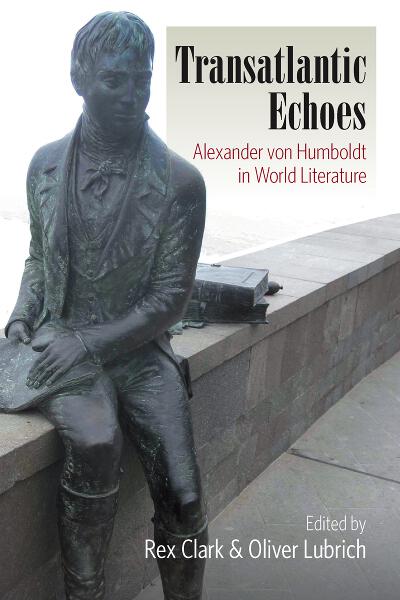 What drew you to the study of Alexander von Humboldt?
What drew you to the study of Alexander von Humboldt?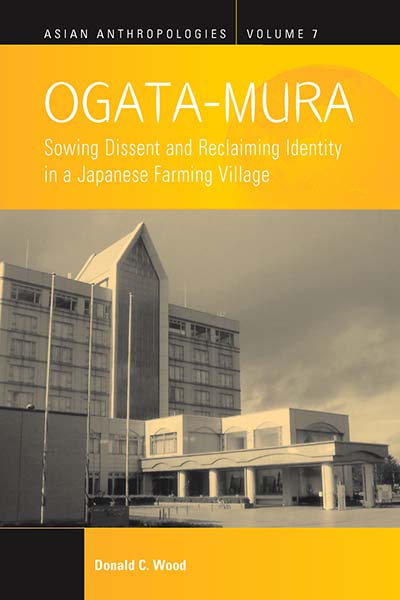 As should any item or idea in which its creator has invested more than fifteen years, this book very strongly reflects my own life course and concerns. Having cut my teeth on the canon of English language anthropological studies of Japanese farming villages as an undergraduate student, but then having trouble reconciling what I experienced in Ogata-mura in 1995–1996 with what I had previously encountered in this body of literature, I came to want to make my own contribution to the study of Japanese farming villages in the twentieth (and twenty-first) century, but in my own way. As an anthropologist who earned post–graduate degrees in both the USA and Japan, I have attempted to marry the respective ethnological traditions of these two countries, while aiming for a broad audience of social scientists and students of Japan and its society.
As should any item or idea in which its creator has invested more than fifteen years, this book very strongly reflects my own life course and concerns. Having cut my teeth on the canon of English language anthropological studies of Japanese farming villages as an undergraduate student, but then having trouble reconciling what I experienced in Ogata-mura in 1995–1996 with what I had previously encountered in this body of literature, I came to want to make my own contribution to the study of Japanese farming villages in the twentieth (and twenty-first) century, but in my own way. As an anthropologist who earned post–graduate degrees in both the USA and Japan, I have attempted to marry the respective ethnological traditions of these two countries, while aiming for a broad audience of social scientists and students of Japan and its society.
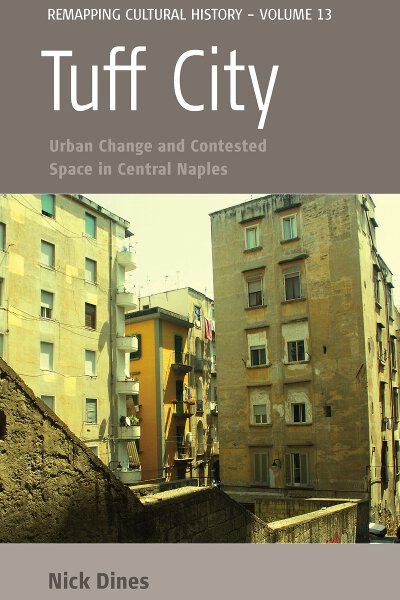 the 1990s under the stewardship of the city’s first directly elected mayor, former communist Antonio Bassolino. Through the study of two major piazzas and a squatted centro sociale (social centre), the book explores the pivotal role of public space in the administration’s efforts to reorder and redefine a city that had hitherto been commonly regarded as an urban outcast. It thus sets out to investigate how changes to the built environment were, on the one hand, produced and publicly endorsed and, on the other, experienced and contested by different groups of people. Understanding public space means grappling with the messy and perhaps ugly pluralism that constitutes urban life, rather than unwittingly confirming normative and institutional ideals about a ‘good’ (and, especially in the case of Naples, ‘well-behaved’) city.
the 1990s under the stewardship of the city’s first directly elected mayor, former communist Antonio Bassolino. Through the study of two major piazzas and a squatted centro sociale (social centre), the book explores the pivotal role of public space in the administration’s efforts to reorder and redefine a city that had hitherto been commonly regarded as an urban outcast. It thus sets out to investigate how changes to the built environment were, on the one hand, produced and publicly endorsed and, on the other, experienced and contested by different groups of people. Understanding public space means grappling with the messy and perhaps ugly pluralism that constitutes urban life, rather than unwittingly confirming normative and institutional ideals about a ‘good’ (and, especially in the case of Naples, ‘well-behaved’) city.